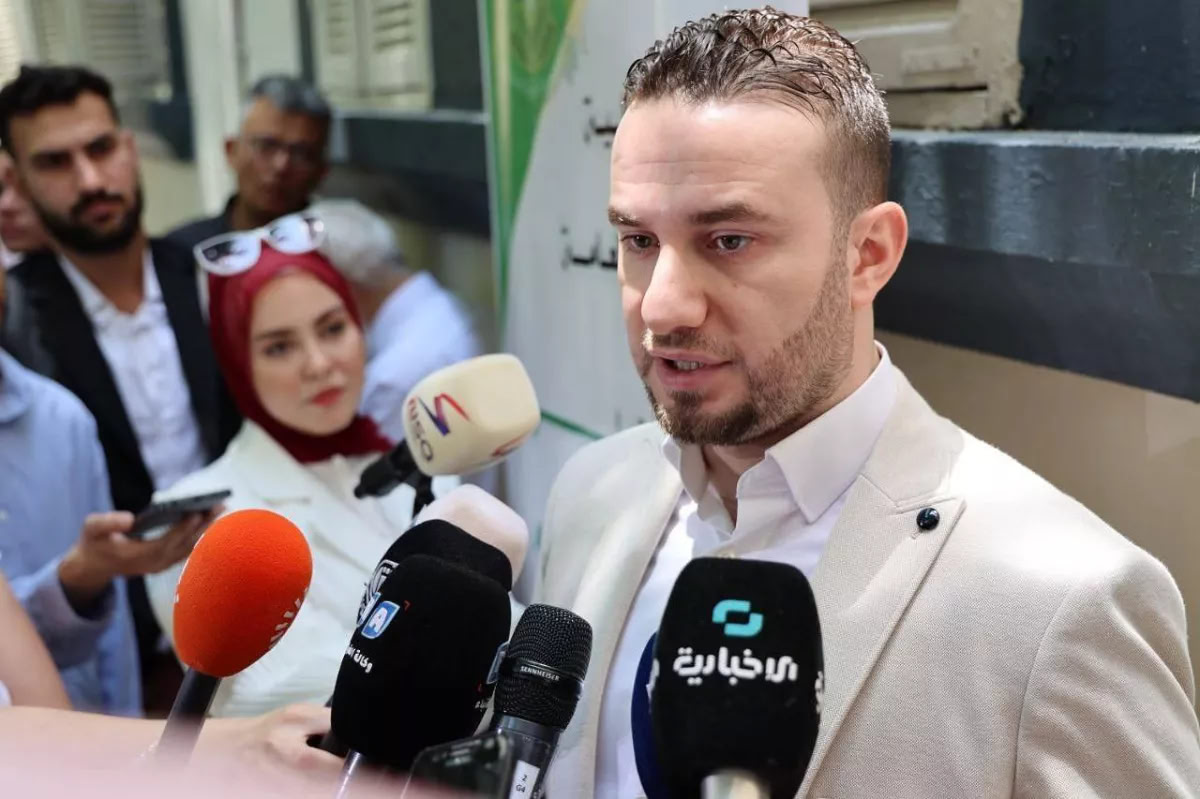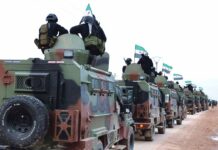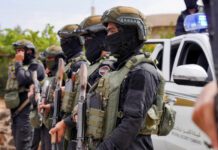
Amnesty International released a report detailing the extrajudicial executions of Druze civilians in Syria’s Suwayda province, accusing government forces and affiliated groups of responsibility. According to the organization, 46 Druze—44 men and two women—were deliberately shot and killed on July 15 and 16, alongside the mock execution of two elderly people.
The report cites verified videos showing armed men in security and military uniforms executing unarmed civilians in homes, a school, a hospital, and a public square. Diana Semaan, Amnesty’s Syria researcher, said the killings amounted to “extrajudicial executions” and urged a prompt, impartial investigation. “The perpetrators must be held accountable in fair judicial proceedings without resorting to the death penalty,” Semaan said.
Amnesty called the events a stark reminder of the dangers of impunity for sectarian killings in Syria and argued that such abuses undermine trust in the government’s ability to deliver justice and reparations.
Syria’s Interior Ministry Welcomes Report
In response, the Syrian Ministry of Interior said it welcomed Amnesty International’s findings. Ministry spokesman Nouruddin al-Baba described the report as “positive” and expressed hope that it would strengthen human rights in Syria.
“We call on anyone who has documented evidence revealing violations and implicating those involved to submit what they have to the national committee tasked with investigating the Suwayda events, with which we are cooperating,” Baba said. He added that the ministry remains committed to protecting all Syrians and “embodying the values of dignity and preserving human rights.”
Committee Investigation Underway
The Syrian Ministry of Justice announced the formation of the National Committee to Investigate the Suwayda Events on July 31. The body, created under the Judicial Authority Law and presidential directives, convened its first session on August 2. It pledged to issue a transparent report, identify those involved, and refer cases to the judiciary in accordance with due process.
A spokesperson told regional outlets that the committee “will conclude its work by submitting a detailed report to the judicial authorities” but emphasized it will not interfere with rulings or trials. The spokesperson also noted the committee’s willingness to cooperate with international bodies, while insisting an international investigation was not legally possible as long as Syria remains capable of conducting its own inquiry, as demonstrated by the success of the Coastal Committee—whose findings were praised by the UN.
Balancing Accountability and National Process
The Amnesty report has drawn attention to violations by state affiliated actors in the unrest in Suwayda, while Syrian officials highlight domestic mechanisms already underway. Whether the committee’s findings will address concerns raised by human rights groups remains to be seen, but both sides frame their efforts around the need for justice and accountability for the victims in Suwayda.








